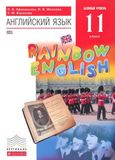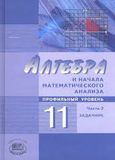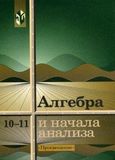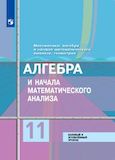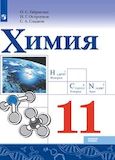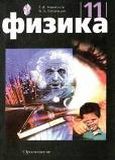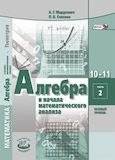Упр.69 Unit 4 ГДЗ English Михеева 11 класс
69. Прослушайте стихи (№ 20, 21) и скажите, каковы их сообщения.
А. Стихотворение, которое вы сейчас будете переводить, считается произведением военной поэзии. Легенда гласит, что стихотворение «Не стой и не плачь над моей могилой» был оставлено родителям Стивеном Камминсом, солдатом, убитым во время боевой службы в Северной Ирландии, в конверте, открытом по случаю его смерти. Сначала считалось, что солдат написал его сам, но затем возникли споры. Были сделаны запросы в журналы 19-го века, но в итоге его происхождение остается загадкой. В некоторой степени это стихотворение стало любимым национальным стихотворением.
Не стой и не плачь над моей могилой.
Не стой и не плачь над моей могилой.
Меня там нет, я не сплю.
Я в тысячах ветров, что дуют.
Я в бриллиантовом блеске на снегу.
Я солнце в созревшем зернышке,
Я мягкий осенний дождь.
Когда ты просыпаешься в утренней тишине,
Я стремительная погоня
Тихих птиц в круговом полете.
Я – легкие звезды, которые светят в ночи.
Не стой и не плачь над моей могилой.
Меня там нет; я не умер.
Решение #
The message of the first poem could be explained as follows:
The young soldier knew that he was risking his life in Northern Ireland and could be easily killed, and wanted to comfort his parents in case it might happen. The person who wrote the poem could have sincerely believed that all the things in the world were connected and that people’s souls do not perish when people die. The second piece of poetry emphasises the idea that a name is not the most significant thing in a person, it is far less important than the personality itself. Notice that this idea was really advanced in Shakespearean times, but even nowadays it sounds quite up-to-date.
В. Второе произведение, которое вы услышите, это известный отрывок из «Ромео и Джульетты» Уильяма Шекспира, в котором Джульетта говорит о своей любви к Ромео.
Ромео, как мне жаль, что ты Ромео!
Отринь отца да имя измени,
А если нет, меня женою сделай,
Чтоб Капулетти больше мне не быть.
Лишь это имя мне желает зла.
Ты б был собой, не будучи Монтекки.
Что есть Монтекки? Разве так зовут
Лицо и плечи, ноги, грудь и руки?
Неужто больше нет других имен?
Что значит имя? Роза пахнет розой,
Хоть розой назови ее, хоть нет.
Ромео под любым названьем был бы
Тем верхом совершенств, какой он есть.
Зовись иначе как-нибудь, Ромео,
И всю меня бери тогда взамен!
Приведем выдержку из задания из учебника Михеева, Афанасьева 11 класс, Просвещение:
69. Listen to the poems (No 20, 21) and say what their messages are.
A. The poem you are going to listen to is believed to be a piece of war poetry. The story runs that the poem “Do Not Stand at My Grave and Weep” was left in an envelope for his parents by Steven Cummins, a soldier killed on active service in Northern Ireland, to be opened in the event of his death. It was thought at first that the soldier himself had written it, but then doubts appear. Claims were made for nineteenth-century magazines, but in the end its origins remain a mystery. In some respects this poem became the nation's favourite.
Do Not Stand at My Grave and Weep
(by an anonymous author
Do not stand at my grave and weep
I am not there; I do not sleep.
I am a thousand winds that blow,
I am the diamond glints on snow,
I am the sun on ripened grain,
I am the gentle autumn rain.
When you awaken in the morning’s hush
I am the swift uplifting rush
Of quiet birds in circled flight.
I am the soft stars that shine at night.
Do not stand at my grave and cry,
I am not there; I did not die.
B. The second piece for listening is the famous extract from uRomeo and Juliet” by William Shakespeare, where Juliet speaks of her love for Romeo.
O Romeo, Romeo! wherefore art thou Romeo?
Deny thy father and refuse thy name;
Or, if thou wilt not, be but sworn my love,
And I'll no longer be a Capulet.
’Tis but thy name that is my enemy;
Thou art thyself, though not a Montague.
What’s Montague? it is nor hand, nor foot,
Nor arm, nor face, nor any other part
Belonging to a man. O, be some other name!
What’s in a name? that which we call a rose
By any other name would smell as sweet;
So Romeo would, were he not Romeo call’d,
Retain that dear perfection which he owes
Without that title. Romeo, doff thy name,
And for that name which is no part of thee
Take all myself.
*размещая тексты в комментариях ниже, вы автоматически соглашаетесь с пользовательским соглашением
